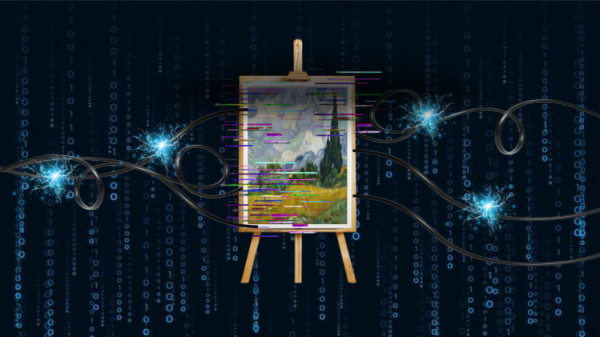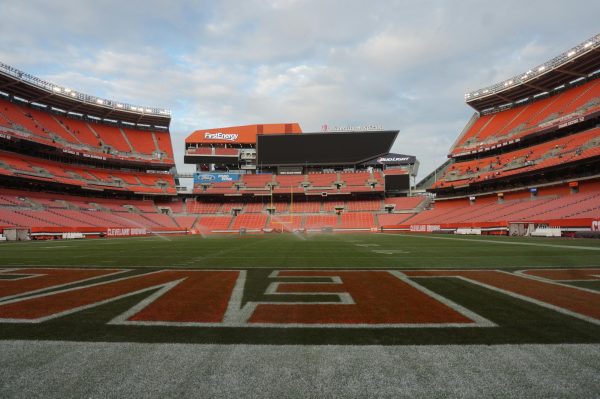The Insurrection at the Capitol Building and What It Means for America’s Democratic State
On January 6th, a mob of domestic terrorists stormed the U.S. Capitol Building on the same evening both the House and the Senate were in the building to count the electoral votes and declare the official winner of the presidential race. What started as a protest and rally quickly became a riot that resulted in five deaths, including a Capitol police officer, and 140 officers injured with at least fifteen of them hospitalized. This event was extremely harrowing to me and most Americans regardless of political alignment. Though the event itself only lasted around six hours, the insurrection brought Americans a stark reminder of the fragility of American democracy. After all, if a group of people attacking the Capitol Building on a whim can completely halt our democratic process, what could an organized group do?
Since the founding of our country, we have believed that our democracy is indestructible and guaranteed, and it’s the only way of government that we have ever known. But watching the news for hours on that Wednesday evening as hundreds of people stormed the Capitol was horrifying and it was a stark reminder that democracy, even as secure as we have framed it, is very fragile.
To me, watching then-President Donald Trump refuse to condemn the actions of the rioters until hours after the event began hit me hard. I realized that democracy, as it is by definition the governing of our country by the people, is only as strong as the people it’s composed of – and on that night, our democracy felt like it was in shambles. One of the most democratic procedures we perform in the United States, the official counting of the electoral ballots to officially elect the new president, was halted as rioters were breaking windows and storming the building that, at the time, held all 535 members of Congress. I was practically glued to the television and my phone, waiting to hear any news about the events unfolding. I was hoping for the best while dreading the worst.
Democracy – defined as the governing of a state by its people – is reliant on the beliefs and desires of the state majority. What we witnessed was the so-called “silent majority” breaching a building with some of the highest security in the country. These neo-nazis, Q-Anon followers, Proud Boys, and various other extremist groups were able to halt America’s most important democratic process. It honestly made me sick to watch. It really made me aware that the democracy we participate in is not a given. It’s a very fragile system that can be toppled as easily as it is upheld, and I know I’m not the only one that was faced with this thought process on January 6th and the days after.
My only hope is that with the new administration comes a way to bring us together again. Democracy works best when we aren’t trying to literally kill each other and the people we have elected to lead us.

Hannah Wells is a second-year Crimsonian member and Co-Editor-in-Chief. She is a senior this year. She is involved in orchestra, chamber orchestra, marching...





